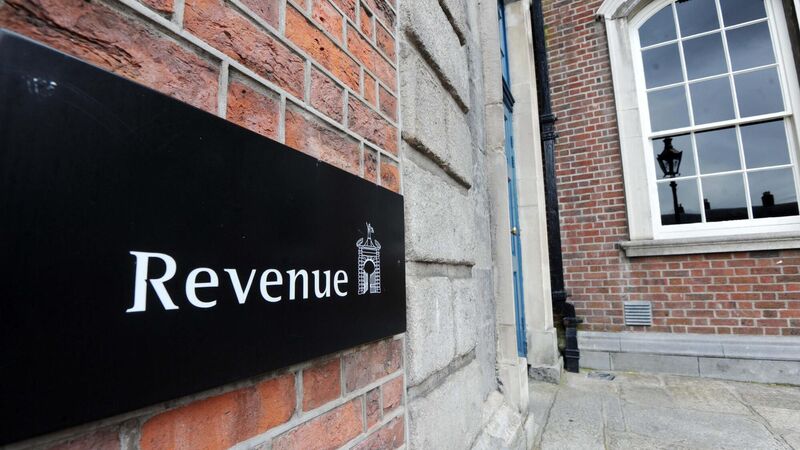Corporation tax receipts show unexpected weakness in May

The exchequer posted a deficit of €6m at the end of May. This compares with a surplus of €1.4bn in the same period last year, with the difference driven by the transfer of €4bn to the National Reserve Fund (NRF) in February to create a buffer for future economic shocks. Photo: Laura Hutton/RollingNews.ie
The Government collected almost €9bn in tax revenues in May, marking only a 1% rise from the same month a year ago, as “volatile” corporation tax receipts fail to perform.
The tax haul in the month was boosted by over 9% rise in income tax receipts but, the Department of Finance highlighted a decline in corporation tax receipts due to “higher repayments and lower profitability” in the month.











